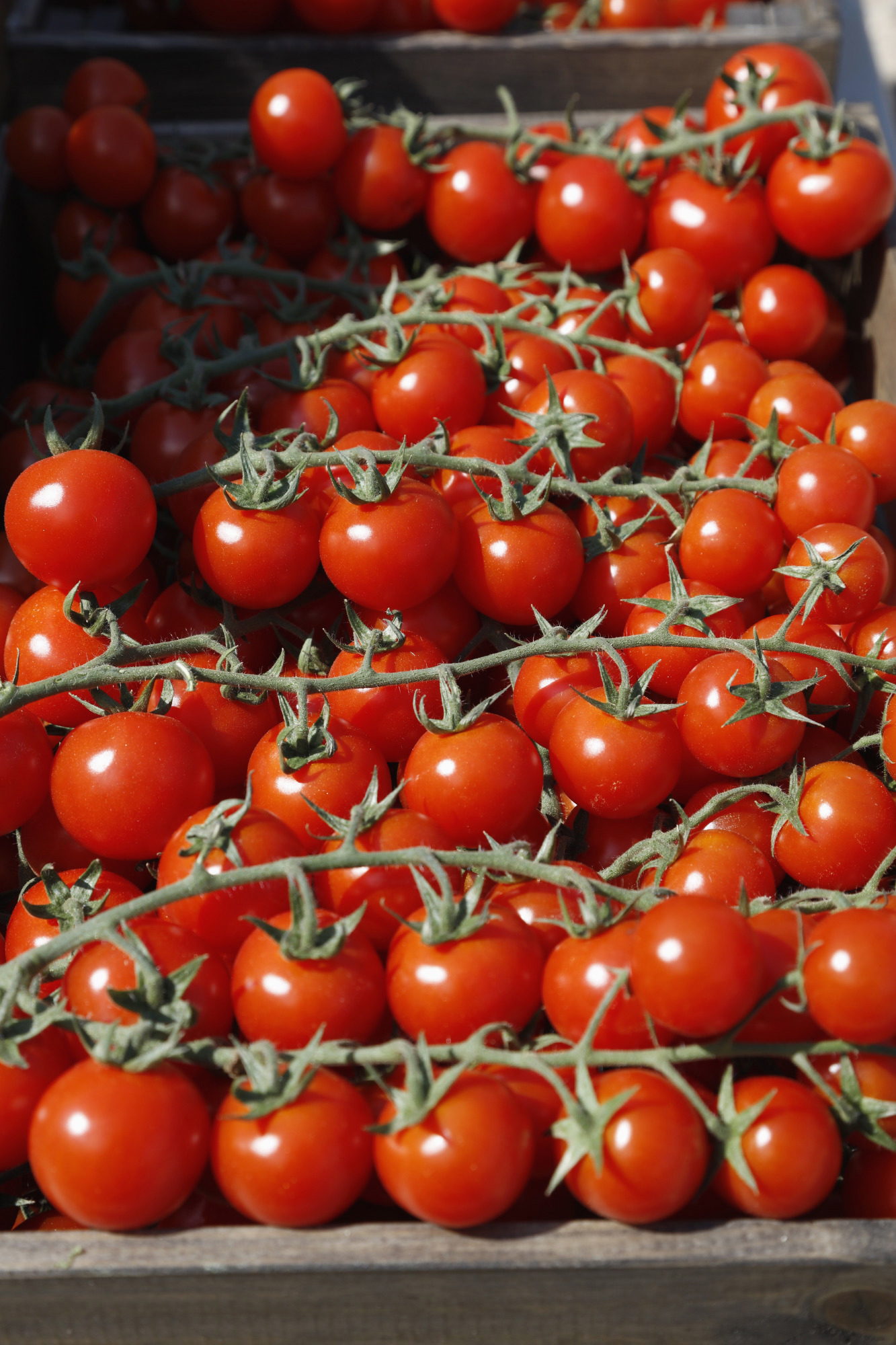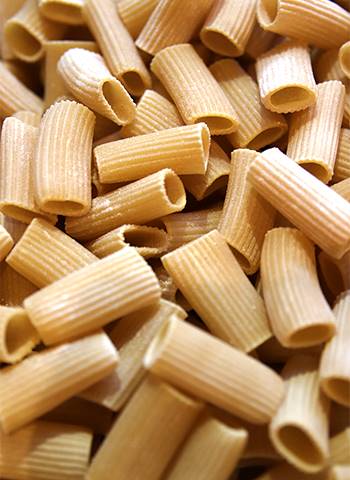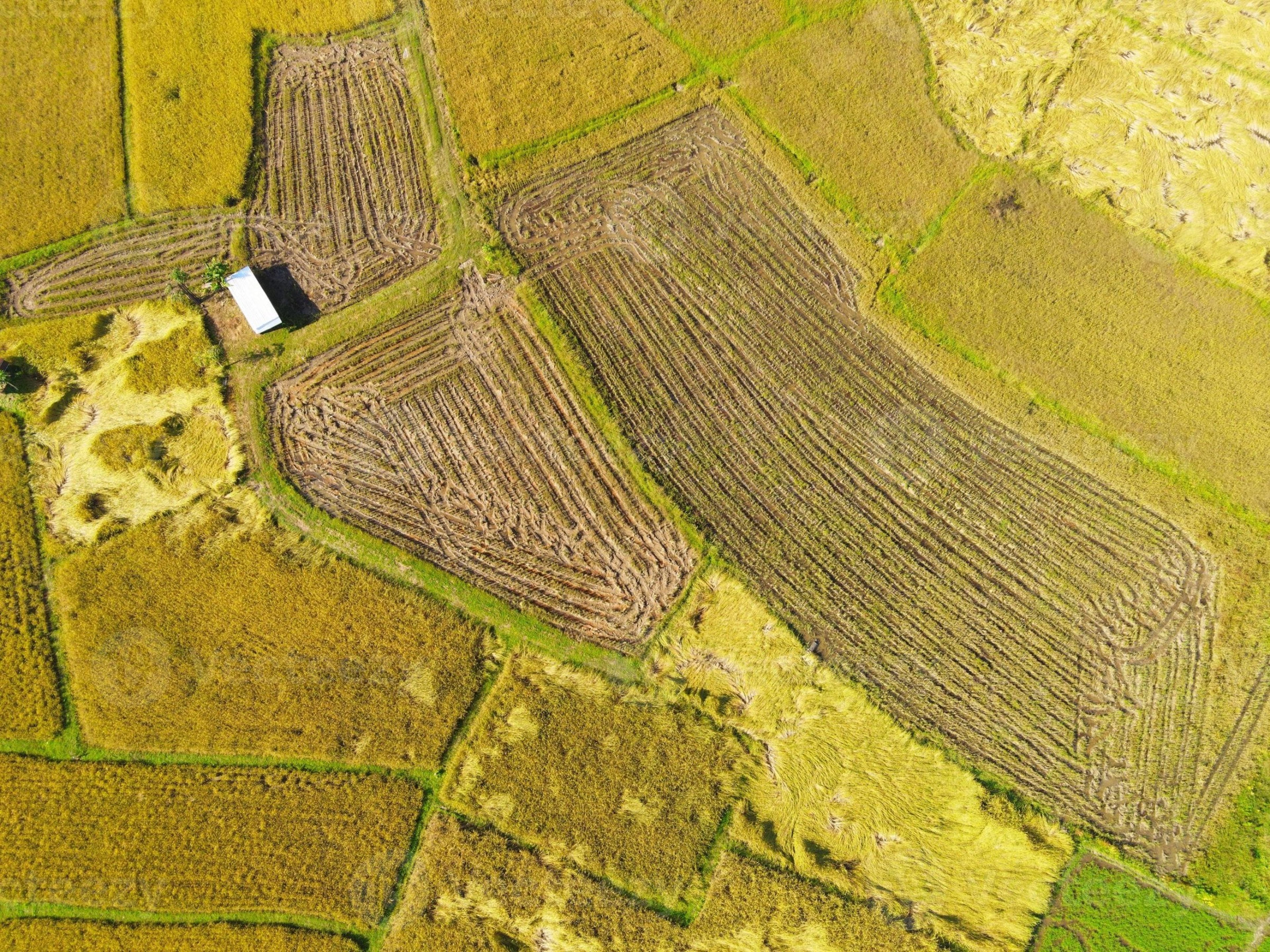.jpg)
So what exactly is the Mediterranean Diet?
The Mediterranean Diet is a lifestyle tied to food, spread across the countries around the Mediterranean basin. The climate that unites the entire region and the abundance of ingredients such as cereals, legumes, vegetables and fruit have enabled the creation of a culinary tradition that transcends borders, languages, and religions.
The main ingredients of the Mediterranean Diet are vegetables, legumes, cereals, dried fruit and olive oil, to which are added—but in smaller quantities—oily fish, white meats, fresh dairy products and eggs. The consumption of red meats and sweets is limited, and it is this very distribution that makes the Mediterranean Diet a healthy model for our bodies and sustainable for the planet.
To easily remember how much and what we should eat every day, the food pyramid is an excellent tool. At the base we find foods to be consumed daily in larger quantities, while at the top are those to be eaten only occasionally.
The cultural value of the Mediterranean Diet
But let's not forget the cultural value of the Mediterranean Diet. Its conviviality, sharing, and the tradition passed from one generation to the next earned it a place on UNESCO's List of the Intangible Cultural Heritage of Humanity. Today, seven communities have the task of passing it on and safeguarding it: Italy (Cilento), Greece (Koroni), Spain (Soria), Morocco (Chefchaouen), Portugal (Tavira), Cyprus (Agros) and Croatia (Brač and Hvar).

Who “discovered” the Mediterranean Diet?
The Mediterranean Diet has been part of our civilization for centuries, so to “discover” isn’t the most accurate term. The genius of Ancel Keys and his wife Margaret Haney was to understand the benefits of the Mediterranean dietary regime by studying for more than forty years the link between the eating habits of the population of Pioppi, in Cilento, and the onset of cardiovascular diseases.
With the data at hand, Keys conducted a comparative study among the diets of seven different countries and demonstrated that the Mediterranean Diet had a very low incidence of cardiovascular diseases.

The role of pasta in the Mediterranean Diet
When we talk about the Mediterranean Diet in Italy, we can't help thinking of pasta. It's not just a traditional dish, but also the backbone of the diet. Pasta lets you eat sustainably, lowering greenhouse gas emissions, saving water, and promoting biodiversity.
For example, on our menu we find pasta prepared with special flours such as ancient grains and sorghum, or with legumes such as chickpeas and red lentils. A diverse world of pastas that lets you explore the full richness of the Mediterranean Diet.
Moreover, in our sauces and condiments we strive to favor plant-based ingredients, such as tomato sauce. When proteins are of animal origin, we prefer those from nuts, eggs, or fish from the Mediterranean. Red meat appears only in dishes like tagliatelle al ragù or carbonara, but it is always recommended to consume it in moderation.
Conclusion
The Mediterranean Diet is not just a dietary regimen, but a lifestyle that benefits our bodies, our minds, and our planet. It is a way of eating that celebrates conviviality, sharing, and seasonality, and it is a sustainable model that can help us reduce our environmental impact. Pasta, with its central role, helps us honor these principles as we savor every bite together.
